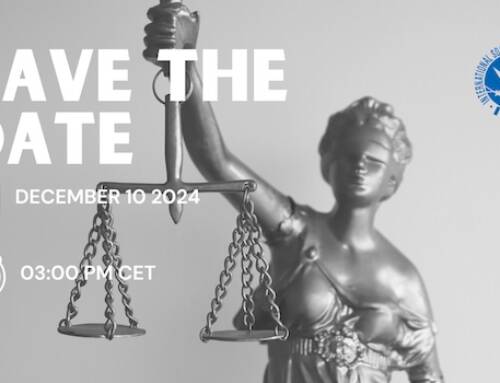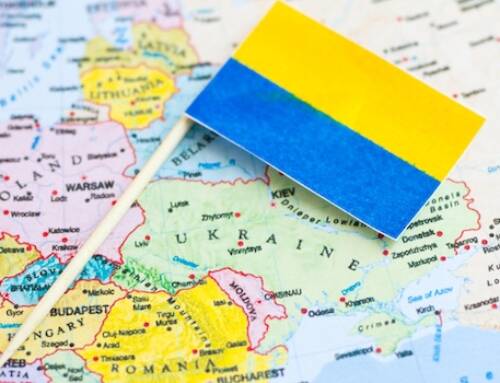Lithuania/Belarus

Belarusian refugees in Lithuania in need
These people are threatened with imprisonment in Belarus and with deportation in Lithuania. After the electoral fraud by the Belarusian dictator Alexander Lukashenko in August 2020 and his brutal persecution, hundreds of thousands of Belarusian refugees were warmly welcomed in EU countries; red and white flags were waved as a sign of solidarity. When Russia launched its war of aggression against Ukraine two years later, more than a million Ukrainians fled the country. The red and white flags were replaced by yellow and blue ones. Solidarity with Ukrainian refugees is still going strong, but solidarity with Belarusians is beginning to wane. The election fraud in Belarus, the more than 1,800 political prisoners and the continued persecution of Lukashenko critics and opponents of the regime have disappeared from the headlines.
Recent reports from the ISHR section in Lithuania are noteworthy:
“Lithuania is a small country with a population of around 2.8 million. 200,000 refugees are currently living in our country and are being cared for, including 80,000 Ukrainians and 62,000 Belarusians. The relationship between the Lithuanian population and the refugees is becoming increasingly tense: even Lithuanians do not earn much, there is high unemployment in rural areas, and prices have risen sharply … The propaganda and disinformation campaigns by the government in Minsk are increasing mistrust.”

From left to right: ISHR board member Carmen Jondral-Schuler, ‘Nash Dom’ director Olga Karatch, ISHR Honorary chairwoman Katrin Bornmüller, at the presentation of a certificate of thanks © ISHR
The Belarusian human rights organisation Nash Dom (‘Our Home’), based in Vilnius, Lithuania, reports that Lithuania’s state policy towards both long-established Belarusians with Lithuanian citizenship and Belarusian refugees has significantly deteriorated. An increasing number of Belarusians are having their residence statuses not renewed on the grounds that they pose a threat to Lithuania’s national security. Asylum is refused and they face deportation to Belarus. With the consistent application of the Dublin Regulation, their chances of being accepted in another European country are zero.
For many Belarusian citizens, participating in the 2020 protests resulted in significant losses: the loss of their homes, families and property. Financially, they survive in Lithuania on the brink of the subsistence minimum, and on top of that, they face problems with their asylum status there. This leads to deep disappointment and fear. Olga Karatch, director of ‘Nash Dom,’ sent a call for help to the ISHR on 7 September 2024:
“Belarusians in Lithuania are struggling to survive and urgently need humanitarian aid, especially clothing, shoes, food, bedding, dishes …”
And on 8 September 2024, we received this message from ‘Nash Dom’:
“Today, radical Lithuanians smashed the windows of the Belarusian cultural centre, and the Belarusian Orthodox Church in Lithuania – which supports Ukraine – was attacked and its windows destroyed.”
ISHR continues to send a monthly aid transport to Lithuania in support of the refugees. The transport costs per truck amount to 1,800 euros. But that is not all: lawyers have to be deployed time and again to help with residence issues, but also to hold accountable shady entrepreneurs who exploit the plight of Belarusians. Lawyers working in the humanitarian sector cost 2,500 euros per month including taxes and duties. ISHR plans to support ‘Nash Dom’ with a lawyer so that the organisation can continue to help refugees and report on those who are politically persecuted and imprisoned in Belarus.





